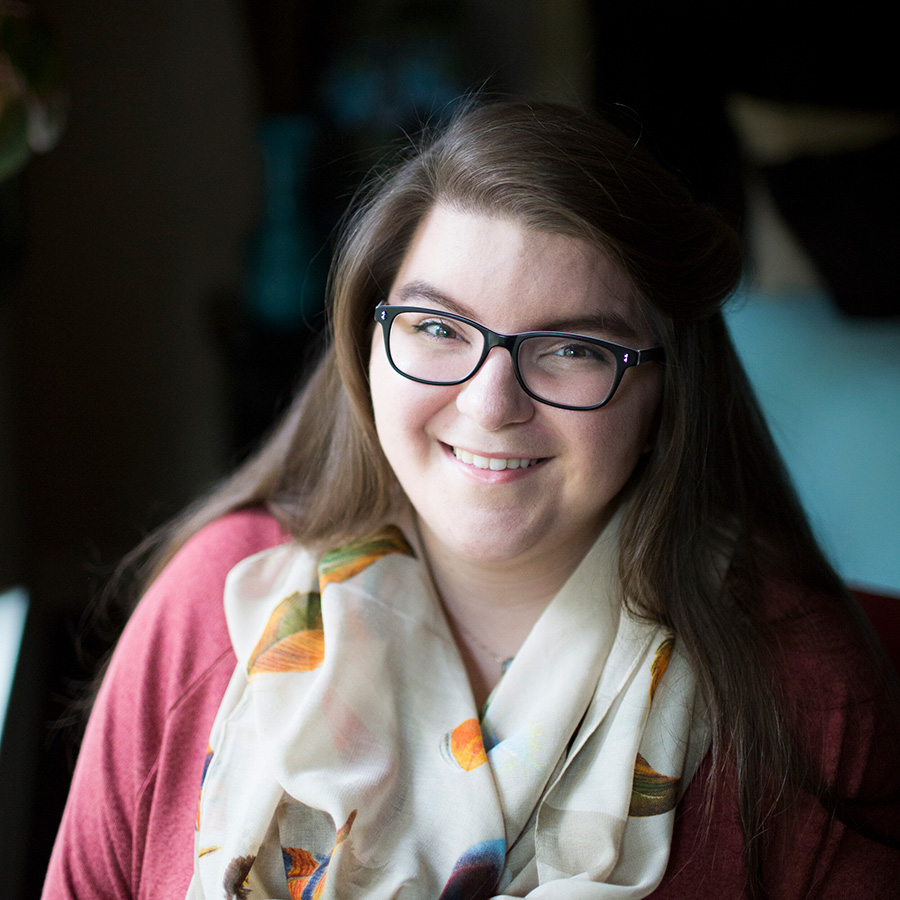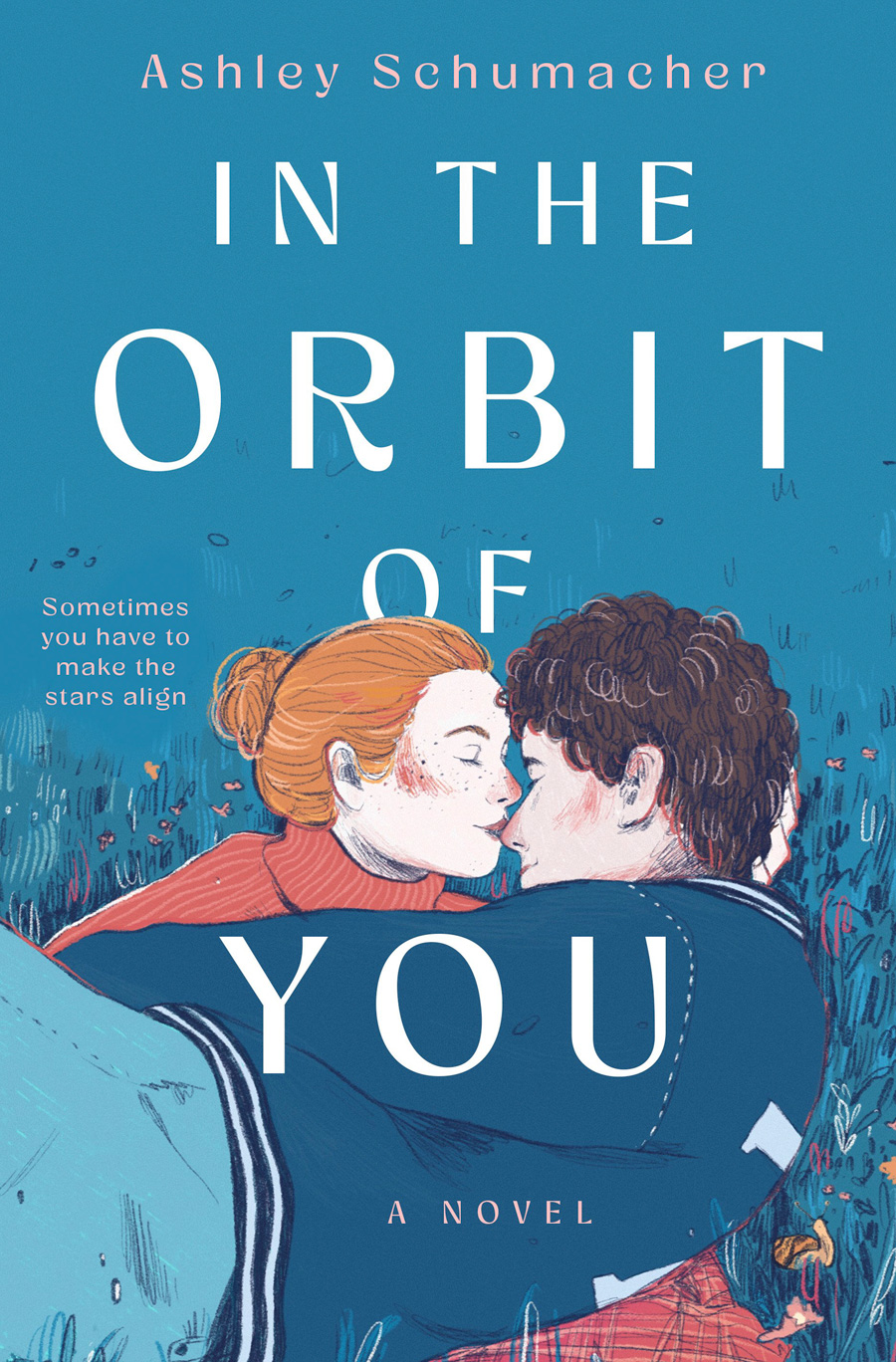Growing up in Celina, she was an avid reader and knew she wanted a career as a writer.
"I have that really boring, tragically untragic story of, 'I had a hard time learning
how to read,' and once I did, this is my entire personality for the rest of my life."
Her mother kept the books Schumacher wrote at a young age. After transferring from
Collin College, Schumacher majored in English at UNT and took as many classes in that subject as she could.
She was fascinated by a class on monster theory, taught by Robert Upchurch, Distinguished Teaching Professor of English, which used Beowulf as a primary source and also explored centuries of monsters in literature, "You study
literature, but you really are just studying yourself in the world and gaining all
this empathy and this insight," she says. "You have to be taught how to look for them
and how to interpret them. It gives you a cipher. It gives you something to go off
of when you're interpreting the world around you, but also then reflecting that back
into your art. It's stuff like that that really sticks in your brain."
Marshall Armintor, a lecturer in the English department, served as her mentor for the McNair Scholars
Program, which helped undergrad students from underrepresented populations.
"I was constantly in his office. Not really crying, but wanting to cry about, 'I have
75 pages left to write about this,' and he talks both with you and at you in the most
meaningful way. He acted like you were his equal. And then you tried to be worthy
of this massive intellect, but he also would bake cookies."
For creative writing classes, several professors required the writer to remain silent
while their classmates were critiquing their work.
"You just had to sit there and let it happen to you. People interpret your work, and
it was a really good, early crash course for me as the author. There are always going
to be people that understand it. And there are also going to be people that don't
understand it at all."

